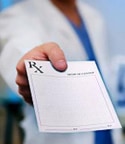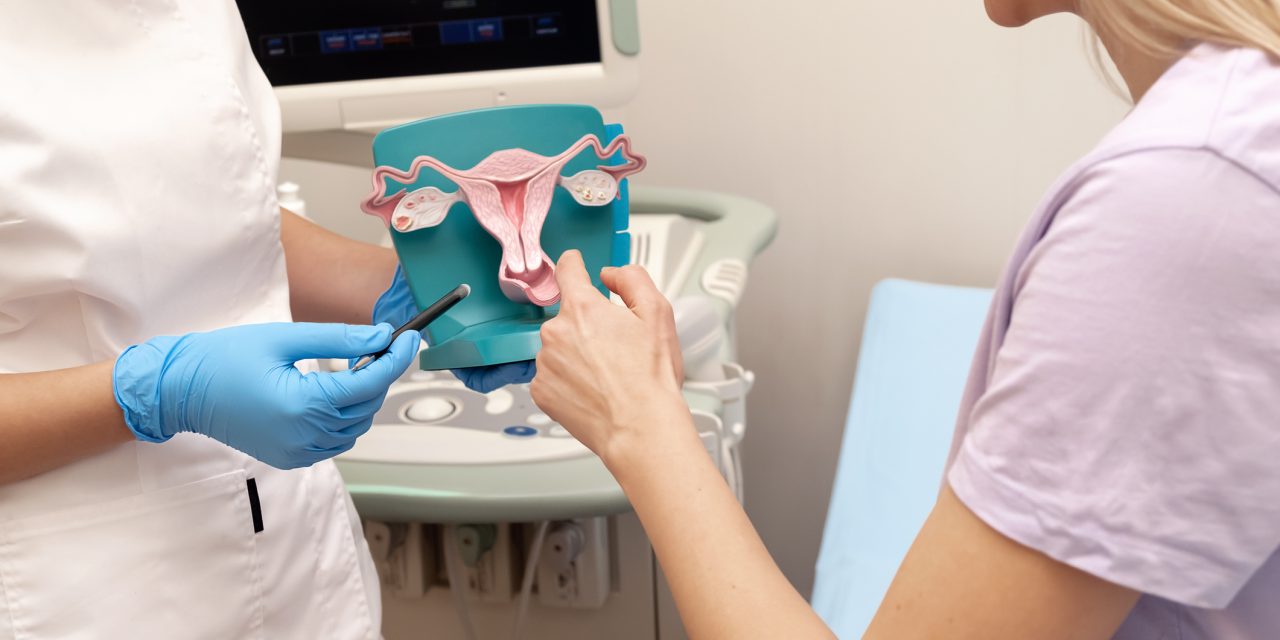 Although the teenage birth rate in the US has declined substantially over the past 20 years, it still surpasses those in other industrialized nations.
Although the teenage birth rate in the US has declined substantially over the past 20 years, it still surpasses those in other industrialized nations.
In a continuing effort to reduce the number of unintended pregnancies, the American Academy of Pediatrics (AAP) released a policy statement, published in the December issue of Pediatrics, urging pediatricians to prescribe the emergency oral contraceptive – “the morning-after pill” – for girls under 16 before they actually need it. The American College of Obstetricians and Gynecologists released a similar recommendation.
Emergency contraceptive formulations of levonorgestrel marketed as Plan B, Plan B One-Step (Teva Women’s Health), and Next Choice (Watson Pharma) can be purchased over the counter by women 17 and older and men 18 and older. However, adolescent girls younger than 17 must have a prescription (the drugs are unavailable entirely for boys under 18).
A common misconception is that emergency contraception causes an abortion. Inhibition or delay of ovulation is the principal mechanism of action. Review of evidence suggests that emergency contraception cannot prevent implantation of a fertilized egg. Emergency contraception is not effective after implantation; therefore, it is not an abortifacient.
The AAP made their recommendation based on several studies that found having a prescription for emergency contraception before actually needing to use it did not increase sexual activity.
Do you agree?


